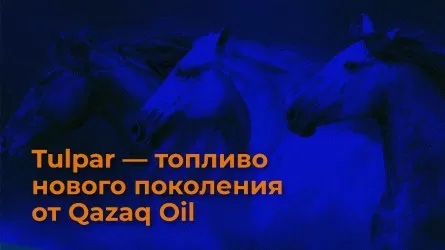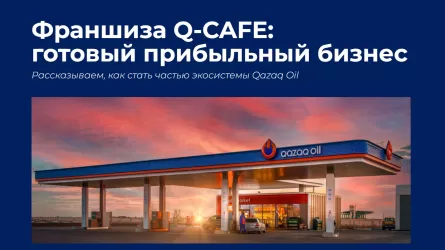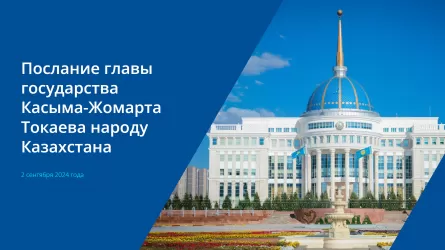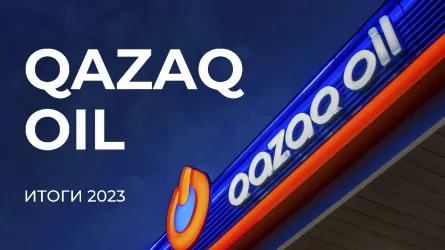The Astana Times - The volume of services provided by accommodation facilities in Kazakhstan has increased by 66.4 percent during the first three quarters of 2021 compared to the same period in 2020, reports the Energyprom monitoring agency citing Kazakhstan’s Bureau of National Statistics. Revenues of accommodation service providers rose by 78.9 billion tenge ($US181 million).
The three regions with the largest share of accommodation services are Almaty city with an 18.6 billion tenge ($US42 million) increase, which is 61.3 percent more than the previous year, Nur-Sultan with a 13.7 billion tenge ($US31 million) increase, which is 70.2 percent higher over 2020, and the Akmola Region with 8 billion tenge ($US18 million) increase, 79.2 percent more compared to the same period in 2020.
The largest number of visitors was in Almaty (842,900 people), Nur-Sultan (524.5 thousand people), and the Almaty Region (522,000 people). In total, accommodation facilities served 4.1 million people this year, a growth of 60.1 percent compared to the previous year.
The Kyzylorda and Atyrau regions show the lowest increase in accommodation services.
In 2020, global income from international tourism fell by 63.6 percent in one year and accounted for $US533.5 billion as a result of the travel restrictions due to the COVID-19 outbreak. By comparison, revenues in 2019 were nearly $US1.5 trillion as per data from the United Nations World Tourism Organization (UNWTO). Prior to the pandemic, the tourism industry had been showing a constant yearly increase in the past 10 years.
Despite the overall positive dynamic in tourism, the Committee for the Coordination of Statistical Activities (CCSA) under the United Nations (UN) estimates that it will take between 2.5 to 4 years to return international tourism to 2019 levels.
“The uplift in demand for tourism during the third quarter of 2021 was driven by increased traveler confidence amid rapid progress on vaccinations and the easing of entry restrictions in many destinations. (…) However, despite the improvement in the third quarter of the year, the pace of recovery remains slow and uneven across world regions due to varying degrees of mobility restrictions, vaccination rates, and traveler confidence,” said the UNWTO.















